If policymakers care about improving education, listen to parents
By Matt Frendewey, Vice President of Strategy at yes. every kid. foundation.
As the 2024 election season ramps up, education will remain a hot-button issue. While blaring education headlines indicate a political divide among politicians, there’s another side to the story. In fact, there is consensus among parents that more educational options will improve education across our nation.
This unanimity was echoed in a recent poll conducted by YouGov and released by yes. every kid. foundation., which reveals that Americans from nearly every demographic group believe expanding educational freedom will have a positive impact on education in our country. It’s the first-ever national poll gauging not only support for these policies, but views on the impact of education freedom initiatives on education more broadly. Notably, more than 70% of parents support educational freedom, such as ending residential assignments and expanding Education Savings Accounts (ESAs) and education tax credits. Similarly, a majority of every key demographic group surveyed believe that expanding these options would spur more substantive advancements in education.
Why now and why is this so significant? Most conversations about education freedom are binary — either expand options or strengthen existing public schools, leading to a further political divide This survey, however, reveals that Americans reject that dichotomy and instead believe that expanding options can in fact lead to improving education. Modernizing learning should not be polarizing and transforming how and where our children learn will take a more thoughtful approach.
Lawmakers – and political candidates – would be wise to pay attention. Too often, the debate around expanding options for families involves the anticipated negative impact those options may have on traditional public schools. This zero-sum conversation ignores the reality that parents, along with most Americans, believe that these options will have a net positive effect – and therefore help more children succeed.
Which education policies can lawmakers champion to align with parents’ beliefs about what would improve education across the nation?
Ending Residential Assignment
Many of today’s school zones reflect an all-too-common reality in our nation’s history. They align with housing restrictions dating back to the 1930s. It was an era in which many families endured discrimination by being denied mortgages based on race. As a result, zoning lines were intentionally drawn and assigned school zones mirrored those boundaries. Unfortunately, the ripple effect of these policies is still evident today and a family’s address largely determines where their child attends school.
Parents understand that school district boundaries perpetuate historical injustices. Nearly three out of four parents support allowing children to attend any school in their state that meets a child’s individual needs, regardless of zip code. What’s more, 61% of parents, and over half of Black and Hispanic respondents, believe that removing residential assignments can create better learning opportunities.
Expanding Education Savings Accounts (ESAs)
From where a child learns to how a child learns, families are voicing that they want more ownership over their children’s education. One way is through ESAs, which empower families with a greater say over their children’s education by providing resources for tuition, tutoring, online instructional programs or additional educational materials. Nearly two-thirds of Americans support ESAs and moreover, over half of those surveyed said that if access to ESAs were expanded, public education would be improved.
ESAs are an opportunity to modernize learning, so families can customize the education that’s best for their children. This encourages innovation and creates unique learning opportunities alongside traditional public schools.
Enshrining Education Tax Credits
Families also understand that public education funding approaches need to be modernized. Eighty percent of parents support education tax credits, with two-thirds (66%) indicating that empowering families with access to tax credits would improve the nation’s education system. These findings underscore a national trend, with those who spend the most time with America’s children — teachers and parents — signaling support for more options for meaningful learning opportunities.
The pandemic has catapulted education to a national issue and it is clear that most parents want a say in how and where their child is learning. Can parents’ desire for more ownership over their children’s education transcend the partisan divides that currently dominate education debates? There is a path forward. Now is the time for policymakers to listen to families and transform our nation’s education system so every kid can access every educational option.

